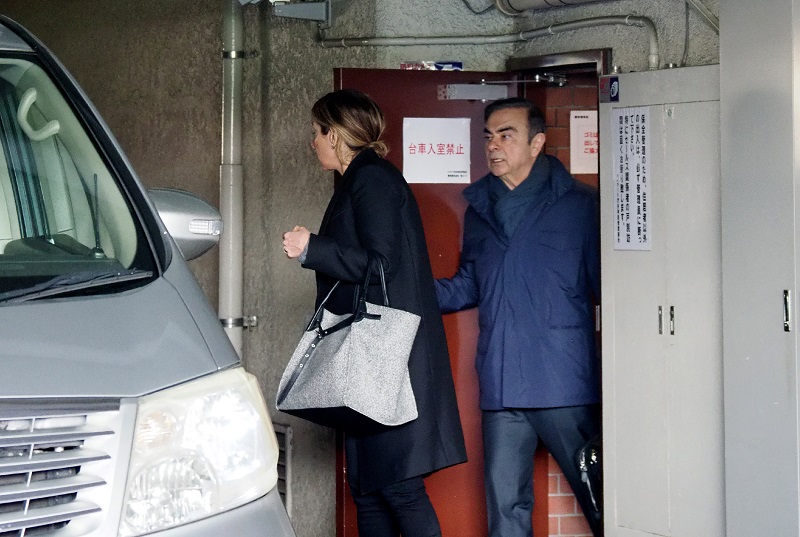
- ARAB NEWS
- 31 Jul 2025

Khaldon Azhari, Tokyo
The Japanese government and the country’s judicial authorities probably wanted Carlos Ghosn out of Japan as badly as he wanted to get out himself, and this provided a reason for both sides to “do a deal.” However, the basis on which such a deal might have been formulated is not immediately known, a Tokyo-based analyst told Arab News Japan.
Over the past year the case against the former Nissan-Renault chief, Ghosn, has appeared to crumble as his legal team, led by Junichiro Hironaka, counter-charged that accusations against Ghosn were politically motivated to prevent a full merger between Japan’s Nissan Motor Company and Renault of France, the analyst said requesting anonymity.
“Such a merger could have been the first step towards integrating Nissan Renault into a much wider global alliance involving China, among others, something that didn’t appeal especially to Washington,” he said.
It would have been highly embarrassing, to put it at its mildest, if the Ghosn team had been able to demonstrate this in court, as they claimed they would. In that case, Japan could be effectively accused of a “rigged: legal system, as well as operating on the principle of what Ghosn called “hostage justice,” and that would be very bad for Japan ‘s international business image.
“Delaying the timing of the Ghosn trial from its expected opening in April — some 16 months after he was first arrested on charges of financial misconduct — might have staved off the exposure but there is a limit to how long even Japan can keep a high-profile international figure like Ghosn in detention or ‘restricted freedom’ without trial and at the same time avoid serious damage to its global image.”
The analyst thinks that letting Ghosn slip out of Japan while authorities looked the other way would have prevented the apparently shaky legal case against the former boss of Nissan from being exposed.
But that still leaves Ghosn looking like a fugitive from justice and possibly subject to re-arrest and extradition to Japan from a third country (since Lebanon, where he is now, has no extradition treaty with Japan).
The obvious question is, what is the “missing piece” or quid pro quo of the deal?
Japan could quietly drop the charges against Ghosn after a time, leaving him in no danger of arrest. But that does not solve the issue of the major damage he has suffered to his business reputation.
He might be in no hurry, however, to press a counter claim against Japan if the charges are set aside and he can again become a global businessman, the analyst said.
Whether or not the French, Brazilian and Lebanese national would have got a fair trial had he remained in Japan will presumably remain a subject of much debate.
A comment by Hironaka to the media was revealing in this regard. “Maybe he (Ghosn) thought he wouldn’t get a fair trial,” he said, while stressing that he continues to believe his client is innocent. “I can’t blame him for thinking that way.”